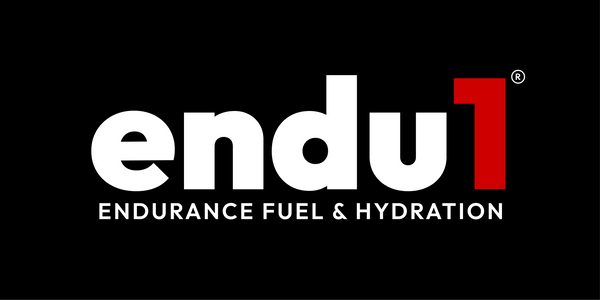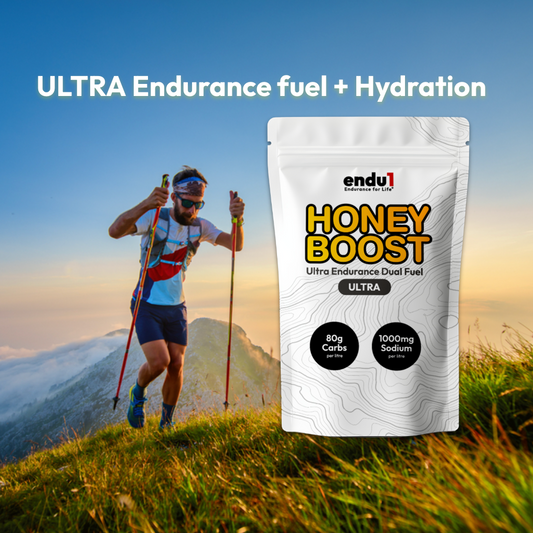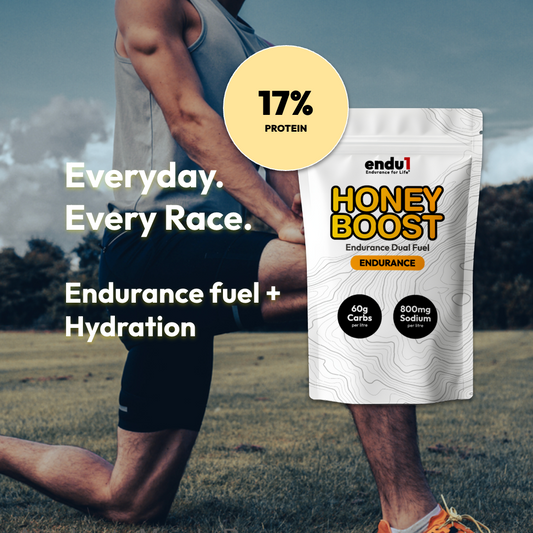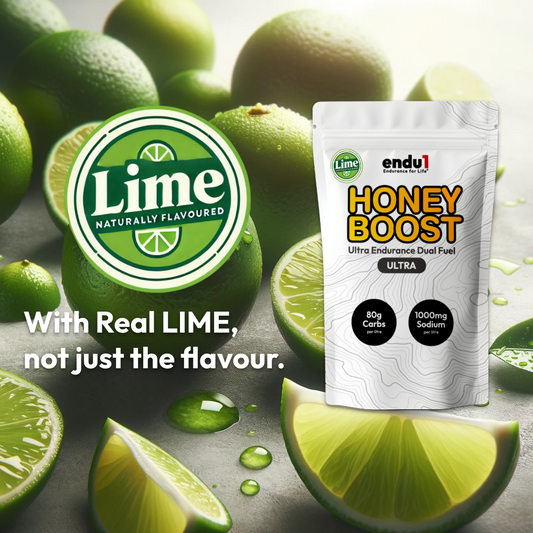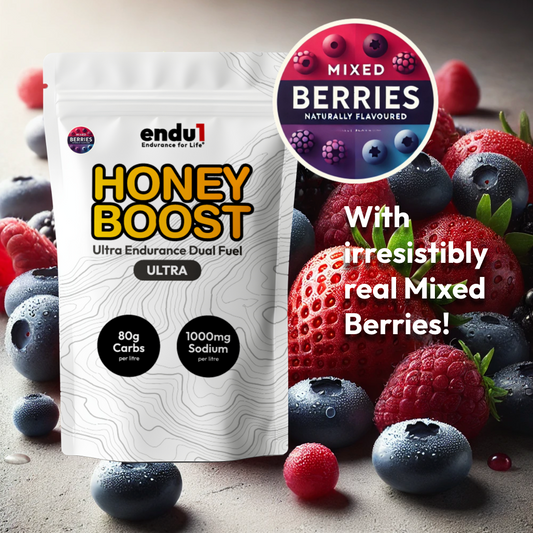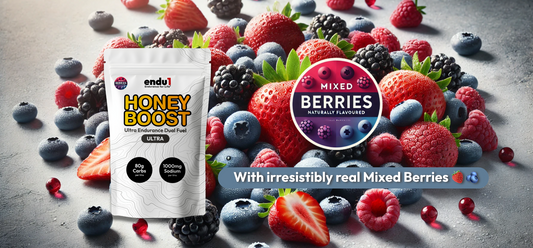
Why hydration matters for your marathon / ultramarathon / ultra trail running?
Share
When you exercise, your body converts carbohydrates into energy through metabolism. During this process, electrolytes, particularly sodium, are needed to carry water to the extracellular fluid. Depending on the weather conditions and temperature, you will lose a lot of sweat to help your body cool down. You will likely lose body fluid (and weight), but it should not exceed 1-2% of your body mass (BM).
Drinking plain water may not be ideal as it can dilute the sodium in your body, which may further affect your performance. Drinking too much water can also be detrimental. The ideal way is to drink regularly throughout the exercise. It’s also recommended to ensure you are well hydrated before the race.
A slightly hypotonic drink is ideal as it helps your body absorb more fluid than an isotonic drink, especially when exercising in a hot environment with significant sweat loss. Additionally, a sweet mouth rinse can facilitate carbohydrate absorption. Another suggestion is to drink colder fluids. (Have you ever tried a warm Coke? It doesn't taste as good, and colder fluids can help you absorb the carbs better.)
Depending on your sport, intensity, and duration, you can choose a drink with higher carbohydrate content. These are suitable for long endurance sports lasting more than 2-4 hours. Keep in mind that a fluid with higher carbs will require more liquid.
For endurance sports lasting more than 4 hours, proper hydration is crucial to maintain performance and avoid dehydration. The recommended amount of liquid can vary based on individual needs, environmental conditions, and the intensity of the activity. However, general guidelines can help you determine a suitable hydration strategy:
General Hydration Guidelines for Endurance Sports:
- Pre-Event Hydration:
- Drink 500-600 ml (17-20 oz) of water or an electrolyte-rich drink 2-3 hours before the event.
- Drink an additional 200-300 ml (7-10 oz) of water or an electrolyte drink about 20-30 minutes before the event starts.
- During the Event:
- Aim to drink 150-250 ml (5-8 oz) of fluid every 15-20 minutes. This amounts to approximately 600-1000 ml (20-34 oz) per hour.
- For activities lasting more than 4 hours, consider consuming a natural sports supplement such as Endu1's Honey Boost ULTRA or Honey Boost Endurance that provides both electrolytes and carbohydrates. This helps replace lost electrolytes and provides a source of energy.
- Monitor your body’s signals and adjust fluid intake based on sweat rate, weather conditions, and individual tolerance.
- Post-Event Hydration:
- Rehydrate after the event by drinking 500-750 ml (17-25 oz) of fluid for every pound (0.45 kg) of body weight lost during the event. Weighing yourself before and after the event can help you determine fluid loss.
Additional Tips:
- Electrolyte Balance: Ensure your hydration strategy includes electrolytes, especially sodium, to prevent hyponatremia (low blood sodium levels), which can occur from excessive water consumption without adequate sodium.
- Carbohydrate Intake: During long events, opt for drinks that provide carbohydrates (6-8% carbohydrate solution) to help maintain energy levels. This typically means 14-18 grams of carbohydrates per 240 ml (8 oz) of fluid.
- Temperature Considerations: In hot and humid conditions, you may need to increase your fluid intake to compensate for higher sweat rates. Conversely, in cooler conditions, your fluid needs may be slightly lower.
- Listen to Your Body: Thirst is a good indicator, but don't rely solely on it. Develop a hydration schedule based on the guidelines above and adjust as needed.
By following these guidelines, you can help ensure proper hydration during endurance sports, thereby supporting optimal performance and recovery.
